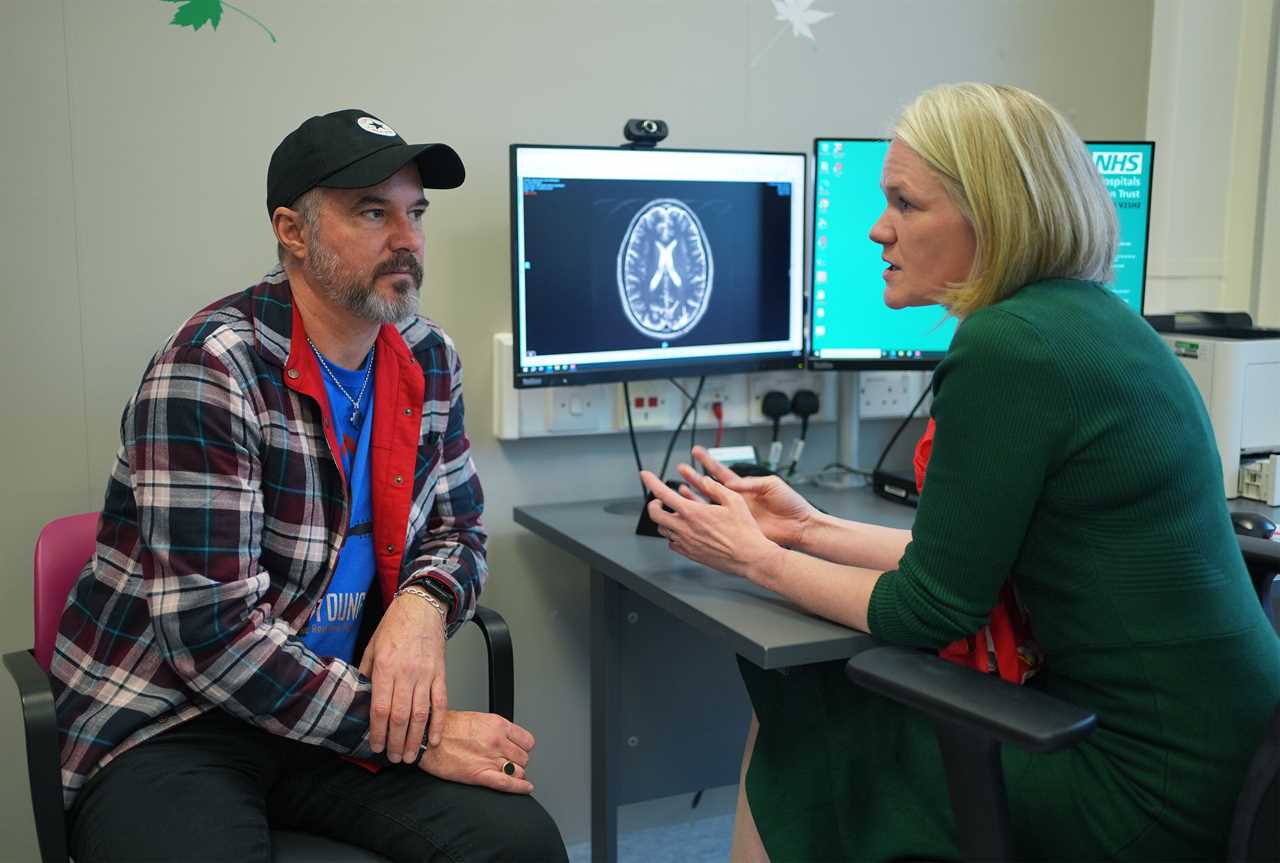
Personalised mRNA Cancer Jab Trial
The NHS is conducting trials for the world's first personalised mRNA cancer jab for melanoma patients in the UK. This groundbreaking vaccine has the potential to combat bladder, lung, and kidney cancer as well.
Potential Cure with Custom-Built Approach
The mRNA jab is tailored to individuals based on the genetic makeup of their tumor, increasing the chances of a cure. Developed by Moderna and MSD, this Covid-style vaccine instructs the body to target and eliminate cancer cells, reducing the risk of cancer recurrence.
Exciting Phase of Trials
The University College London Hospitals NHS Foundation Trust is leading the final phase of trials for this revolutionary therapy. Dr. Heather Shaw, the co-ordinating investigator, describes it as a finely honed tool that offers great hope for patients battling cancer.
Individualised Neoantigen Therapy
Known as mRNA-4157 (V940), this cancer jab triggers the immune system to recognize and fight back against the patient's unique type of cancer. By targeting tumor neoantigens, the therapy aims to eradicate cancer cells specific to each individual.
Promising Results and Future Potential
Early results indicate a significant reduction in the risk of cancer recurrence, particularly in skin cancer patients. The hope is for this individualized therapy to revolutionize immunotherapy and potentially lead to the eradication of cancer cells invisible on scans.
Patients' Testimonials and Future Prospects
Patients like Steve Young, one of the first participants in the trial, express optimism about the potential of this innovative therapy to halt cancer progression. With plans to expand the trial to other cancers like lung, bladder, and kidney, researchers are hopeful for broader applications in modern cancer therapy.
Did you miss our previous article...
https://trendinginthenews.com/cancer/study-finds-lack-of-vitamin-d-increases-cancer-risk






